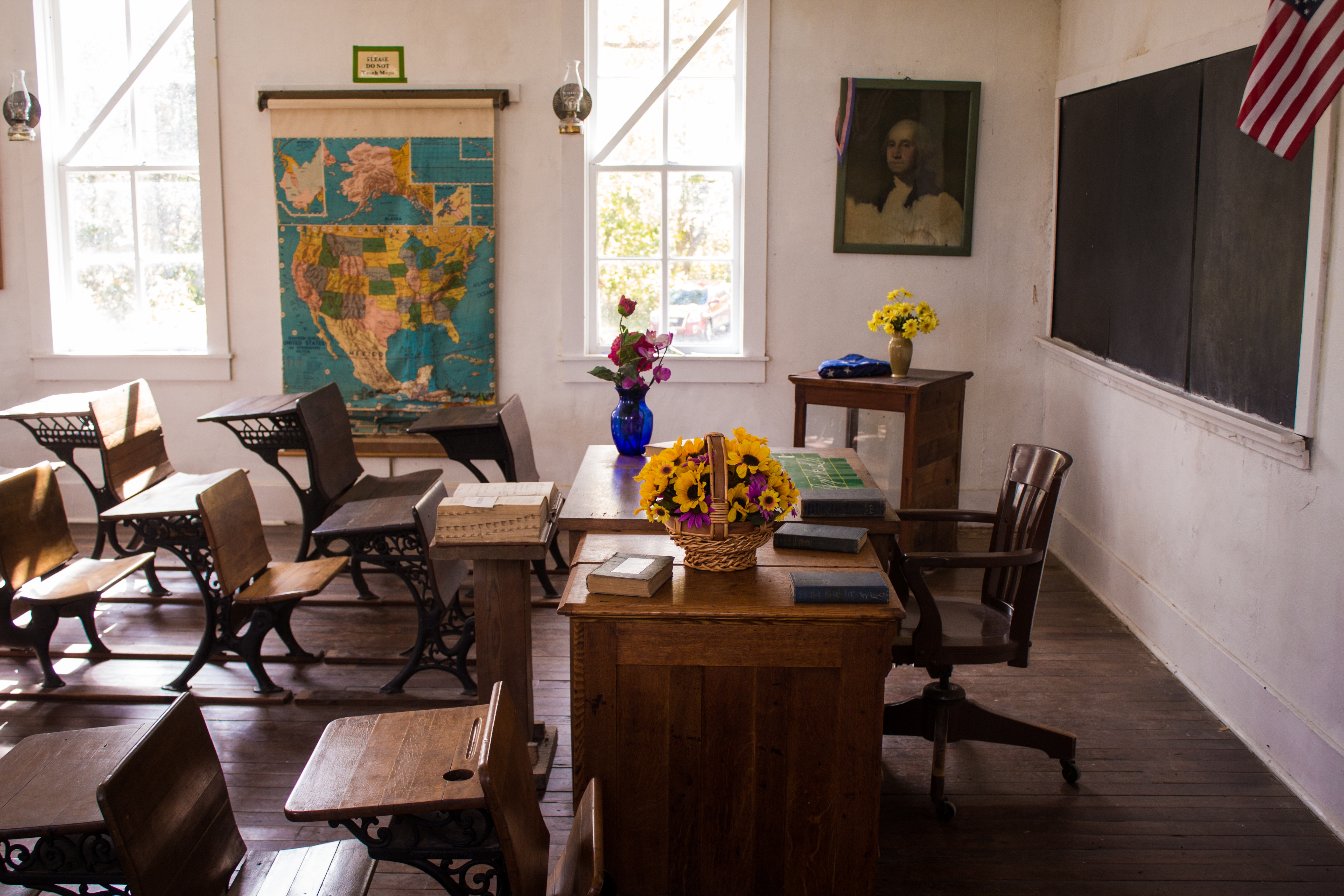
[Flash] Use Mae West Confidence to Navigate that Room of Strangers
Movie star Mae West (1893-1980) was famous for her fearlessness. She’d walk into saloons and say, “Who here needs to know me?”
The rest of us walk into rooms of strangers and look for anyone we tangentially know to save us from the dreaded awkwardness of appearing alone.
But navigating new people is not about looking like we already belong.
Research by the University of Waterloo reveals that the best way to make a great impression and get new people to like us instantly is to believe that the people we are about to meet will like us.
In other words, the secret is self-confidence.
When we expect to be accepted, we behave warmly and people want to connect. But if we expect to be rejected, we behave coldly and people don’t want to connect. Face it, who wants to talk to the frosty, standoffish new person in the room?
But confidence isn’t a networking skill like strong handshakes, eye contact, and listening. Confidence is an emotion. And like all of our emotions, we just need to manage it. How? Through self-talk, emotional intelligence, and practice.
My favorite strategy? Don’t tackle the entire room. Start with the first person you meet, like the receptionist, the waiter, the meeting planner, the executive assistant. Smile, connect, share a laugh, and get ready for the next person.
Boost your confidence one connection at a time, like stepping stones.
Some easy ideas:
- Practice with strangers everywhere
- Ask, “What’s the biggest difference I can make with this one person right here?”
- Find something to compliment right away
- Remember they’re struggling with confidence too
- ps. Wear what makes you feel great!
If you want to progress your ideas, your career, and your opportunities, walk into a meeting or a room of strangers from a standpoint of contribution, not fear.
![]()







